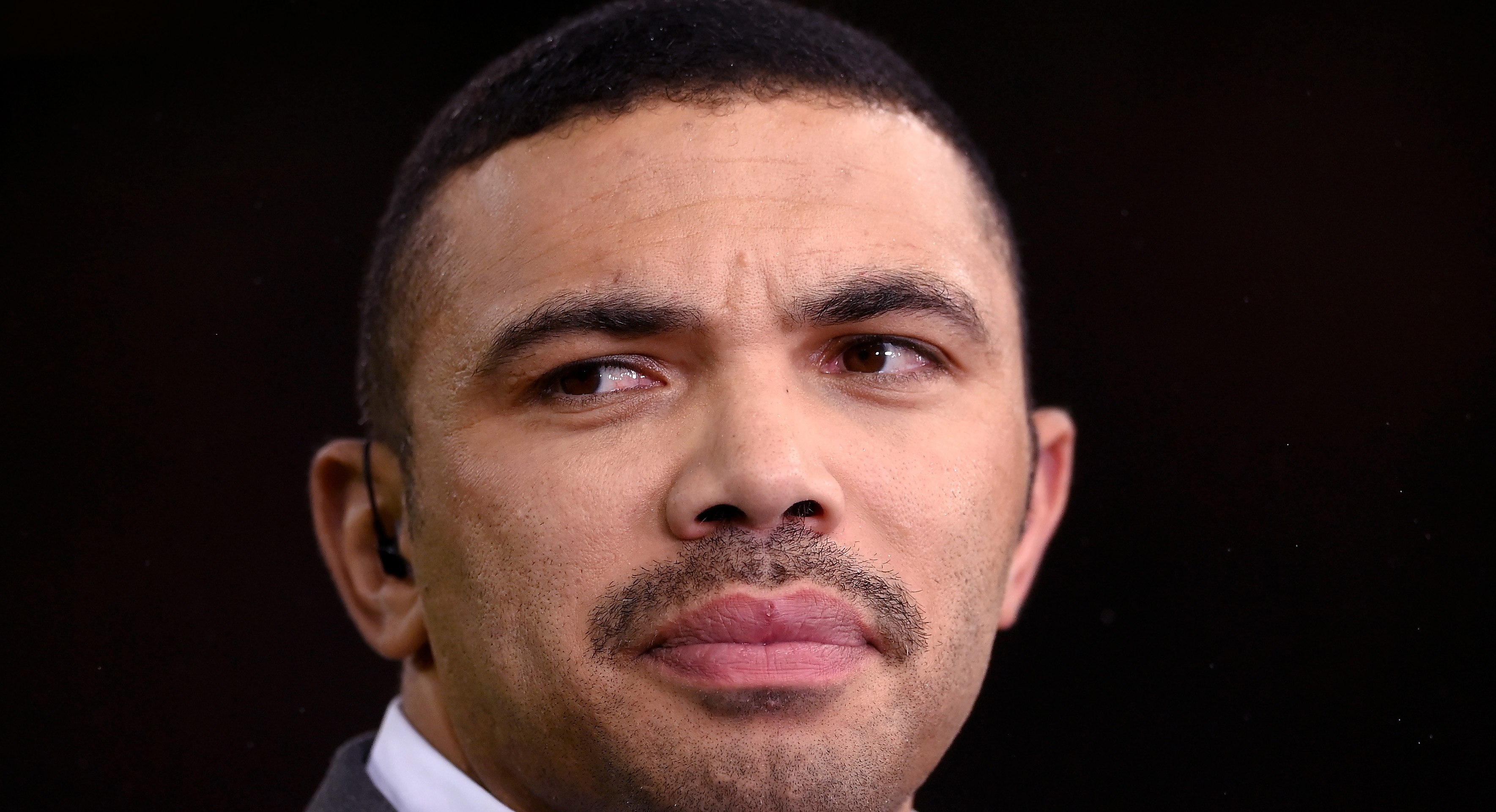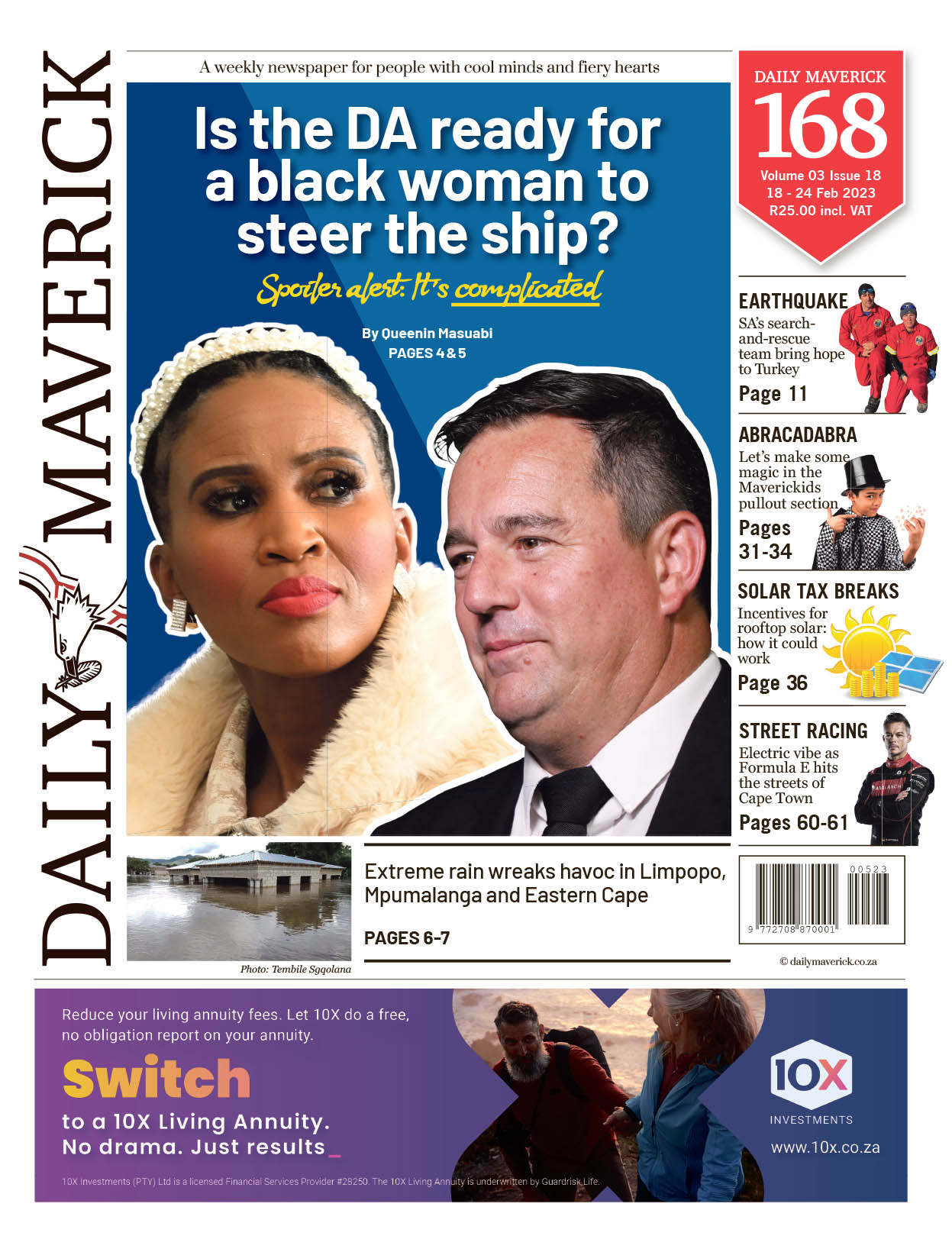The hockey community was rocked this past week by the news that the SA men’s side has withdrawn from the FIH Pro League for the 2023/24 season.
The team qualified for the Pro League after winning the Nations Cup in Potchefstroom last year. Following the decision taken by the SA Hockey Association (Saha) on 14 February, SA will be replaced by Ireland, who were runners-up at the Nations Cup.
No consultation with players
The FIH released a statement suggesting that Saha had made the decision after “a thorough analysis”. Shortly after the statement dropped, however, South African players slammed the decision on social media.
“Just cannot believe the decision was made without input of any coaches or players!” tweeted Keenan Horne, who represented his country at the previous Olympic Games in Tokyo.
“After two years of massive strides with the national team, one cannot [but] feel like the decision to withdraw from Pro League 23/24 by our association will set our team back tremendously and undo all the hard work and sacrifice by our team (players, management and volunteers).”
It wouldn’t be the first time that a set of players or an individual athlete has been let down by their federation. In the lead-up to big tournaments, and indeed following disappointing medal returns at major events such as the Commonwealth Games and Olympics, stories bemoaning a lack of funding and support are prevalent.
Giving the power to the athletes
Mike Sharman, who founded MatchKit alongside Rugby World Cup winner Bryan Habana in 2020, watched the latest South African hockey episode unfold with dismay. Recent events have confirmed why independent initiatives are necessary.
Sharman is determined to see that the sporting potential of this country is realised, and that bureaucracy doesn’t continue to stifle the growth of its athletes. The tech startup boosted the men’s side before Tokyo 2020 (held in 2021), and is hoping to help more athletes in the lead-up to the 2024 Olympic and Paralympic games.
“This is a real plus of our platform,” Sharman told DM168.
“We put the financial power back into the players’ hands. That’s why MatchKit’s fundraising around the Tokyo Games was such a success.”
In April 2021, Daily Maverick reported on the crowdfunding efforts of the men’s hockey team. The South African Sports Confederation and Olympic Committee (Sascoc) picked up the tab for travel and other costs at the Olympic Games itself, but left athletes to fend for themselves in the lead-up to the quadrennial event.
At the time, former SA captain Austin Smith highlighted the enormity of the financial challenge. Athletes need to attend preparatory tournaments if they want to perform at the Olympics. In this instance, the players were asked to pay for flights, accommodation, equipment and the services of a physiotherapist out of their own pockets.
Thanks to MatchKit, the team raised R300,000 for the preparatory phase and travelled to the Olympics with a fighting chance.
Visit Daily Maverick’s home page for more news, analysis and investigations
After the Games in Tokyo, there was a national outcry when SA’s two medallists – swimmer Tatjana Schoenmaker and surfer Bianca Buitendag – did not receive bonuses from Sascoc. MatchKit called on corporate South Africa and the public to acknowledge the achievements of SA’s new heroines. Almost R500,000 was raised for Schoenmaker and Buitendag as a result.
With less than 18 months until the next Olympics and Paralympics in Paris, MatchKit is moving forward with its “Adopt an Athlete” campaign to facilitate more connections between individuals and sponsors.

Bryan Habana, former South African Rugby Player and TV presenter looks on as he works for Prime Video prior during the Autumn Nations Series match between Wales and South Africa at Principality Stadium on 06 November 2021 in Cardiff, Wales. (Photo: Laurence Griffiths/Getty Images)
Bryan Habana’s role
As a World Cup winner and a player who represented South Africa for 12 years, Habana understands the relationship between support, preparation and performance better than most.
The former Springbok wing told DM168 that the idea for this platform was born after the Boks won the 2019 World Cup.
The team thrashed England in the final, but Habana wondered what came next for the individual players.
“I did a bit of research, and I realised that none of them had their own website or domain name,” Habana said. “They all had individual social media channels, but nothing to tie it all together and maximise their exposure and earning potential.
“I have my own website, and I know it can be costly to run, and that not every player or athlete may be able to fund that. We launched MatchKit in 2020, which made it easier for athletes to showcase their personal stats … and stories with the aim of attracting sponsors and financial opportunities.”
MatchKit helped the SA men’s hockey team ahead of the 2020 Olympics. Habana points out that most athletes in SA are in a similar financial position.
“We saw a great response with the men’s hockey side, and with the crowdfunding for Tatjana Schoenmaker and Bianca Buitendag after the Games. It’s been an encouraging start, but we believe the best is yet to come.
“It’s a journey and we want corporate South Africa as well as the public to be part of it. We want to share the stories of the ‘lesser known’ athletes and encourage everyone to be part of the journey that will hopefully end with a medal.
“There is a lot of engagement between our staff and the athletes,” Habana added. “It’s not about just providing a platform and hoping for the best. It can be hard for younger athletes in particular to understand how … small things can make a big difference in terms of creating a personal brand as well as a financial opportunity. We want to make a lasting connection between the athletes and these opportunities.”
Long-term ambition
Team South Africa returned from Tokyo with just three medals. There’s hope for an improvement at the 2024 Games, but it will take a greater investment over a longer period for South Africa to develop its various codes and become a sporting superpower.
“Instead of the Blitzboks or a few others receiving all the attention, we want the hockey players, the wrestlers, the skateboarders and so on to share their stories and receive recognition and opportunities,” Habana said.
“Maybe we can reach a point in 18 months where 50% of the group bound for Paris have signed up to MatchKit, have benefited from the financial opportunities and have therefore improved their chances of winning a medal,” he added.
“In the long term, we want them to be in a situation where they can prepare [in the four years] between big events and tournaments – not just in that period before an Olympics. I know … that the better your preparation, the better your chances of success.” DM168
This story first appeared in our weekly Daily Maverick 168 newspaper, which is available countrywide for R25.

![]()


